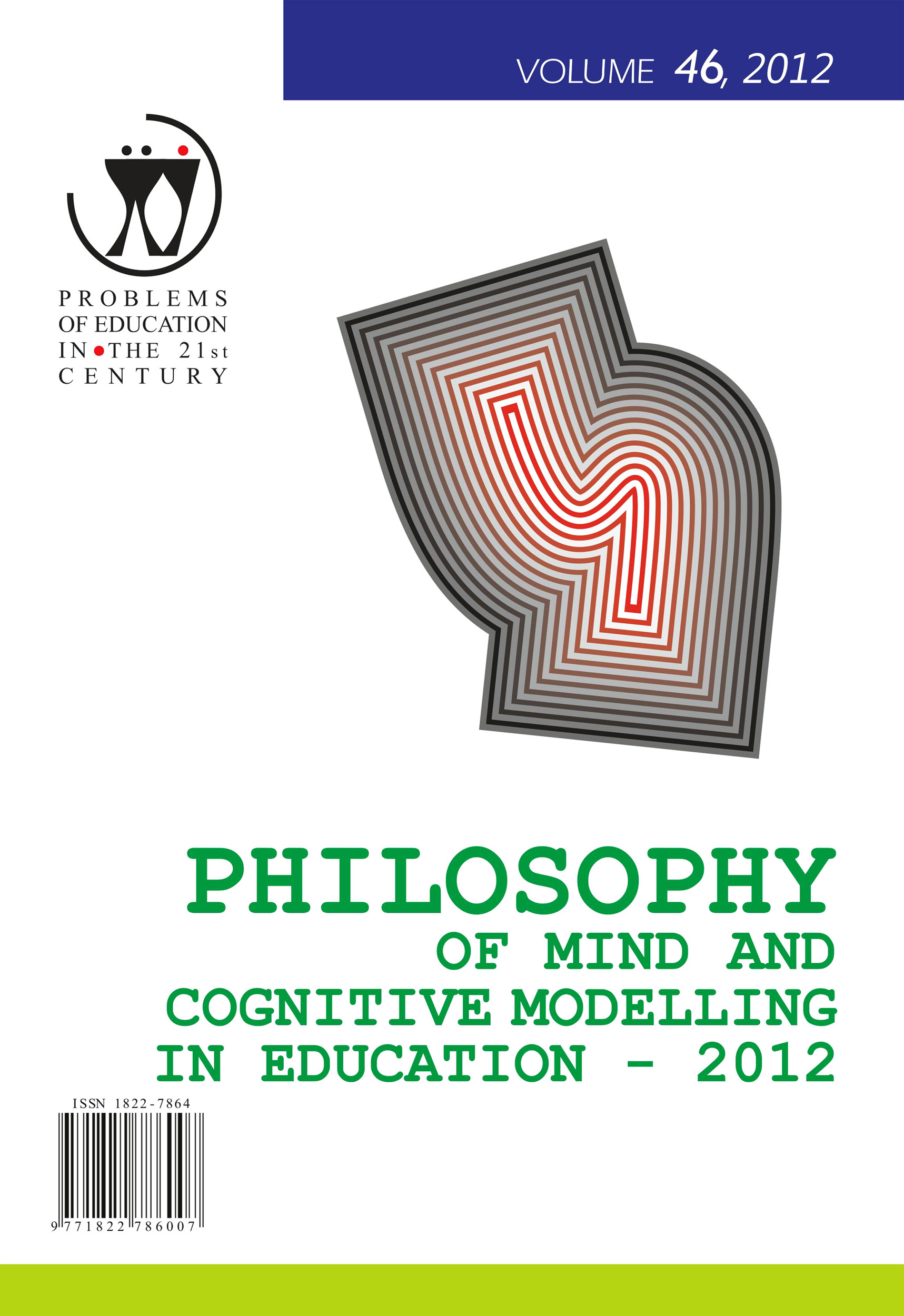METACOGNITIVE ACCURACY AND LEARNING TO LEARN: A DEVELOPMENTAL PERSPECTIVE
METACOGNITIVE ACCURACY AND LEARNING TO LEARN: A DEVELOPMENTAL PERSPECTIVE
Author(s): Karin Bakračevič VukmanSubject(s): Social Sciences, Education, Sociology of Education
Published by: Scientia Socialis, UAB
Keywords: reasoning; metacognition; metacognitive accuracy; self-regulated learning;
Summary/Abstract: Metacognition belongs to higher-order mental processes and enables us to control, plan and accordingly regulate our own learning and problem solving process. In the present study we researched developmental changes in different reasoning domains and in metacognitive accuracy, which is considered as part of successful metacognitive monitoring/ regulation, and as an essential element of self-regulated learning and learning to learn competence.The study involved 282 participants from four different age groups: 13-15-, 23-25-, 33-35- and 43-45- year olds. These participants solved tasks addressed to spatial, verbal-propositional and social reasoning, and evaluated their own performance on these tasks. To specify possible differences in metacognitive accuracy, the metacognitive accuracy index was computed. Results showed that metacognitive evaluations were accurate in spatial domain, less accurate in verbal-propositional and quite inaccurate in the social domain. The accuracy of self-evaluation increased with age and males were more accurate in their self-evaluations than females. Improvement of metacognitive accuracy with age is in tune with findings that metacognition becomes more effective with development and that people with age become more reflective and self-aware.
Journal: Problems of Education in the 21st Century
- Issue Year: 46/2012
- Issue No: 1
- Page Range: 15-21
- Page Count: 7
- Language: English

